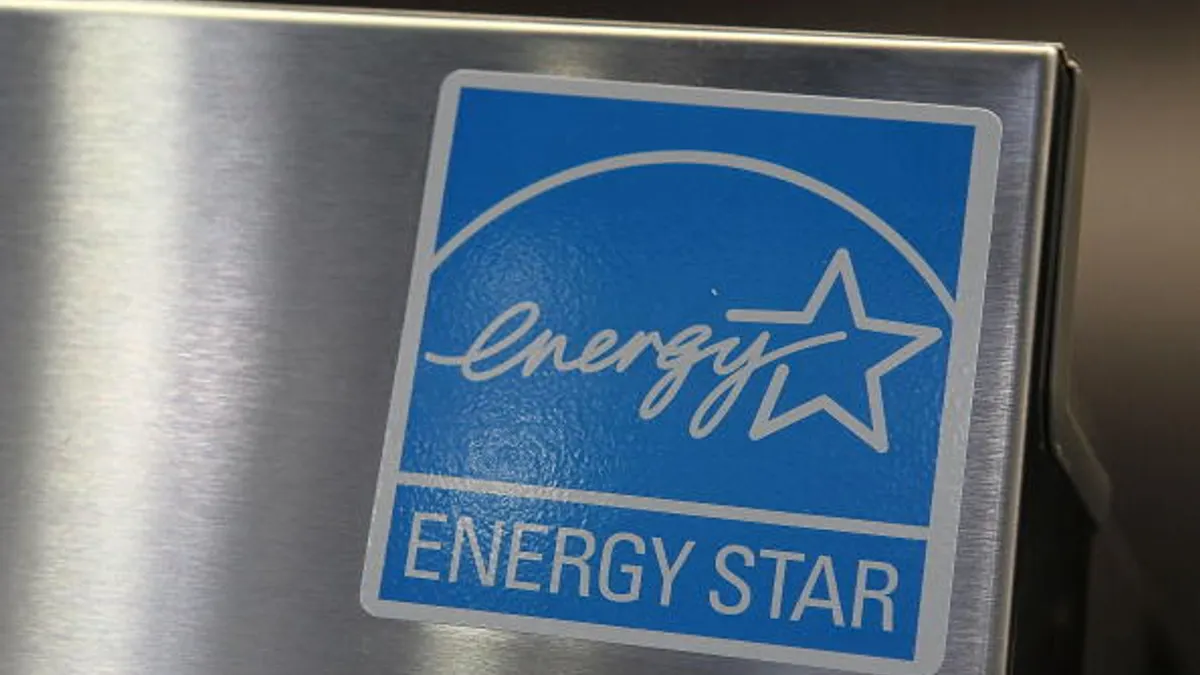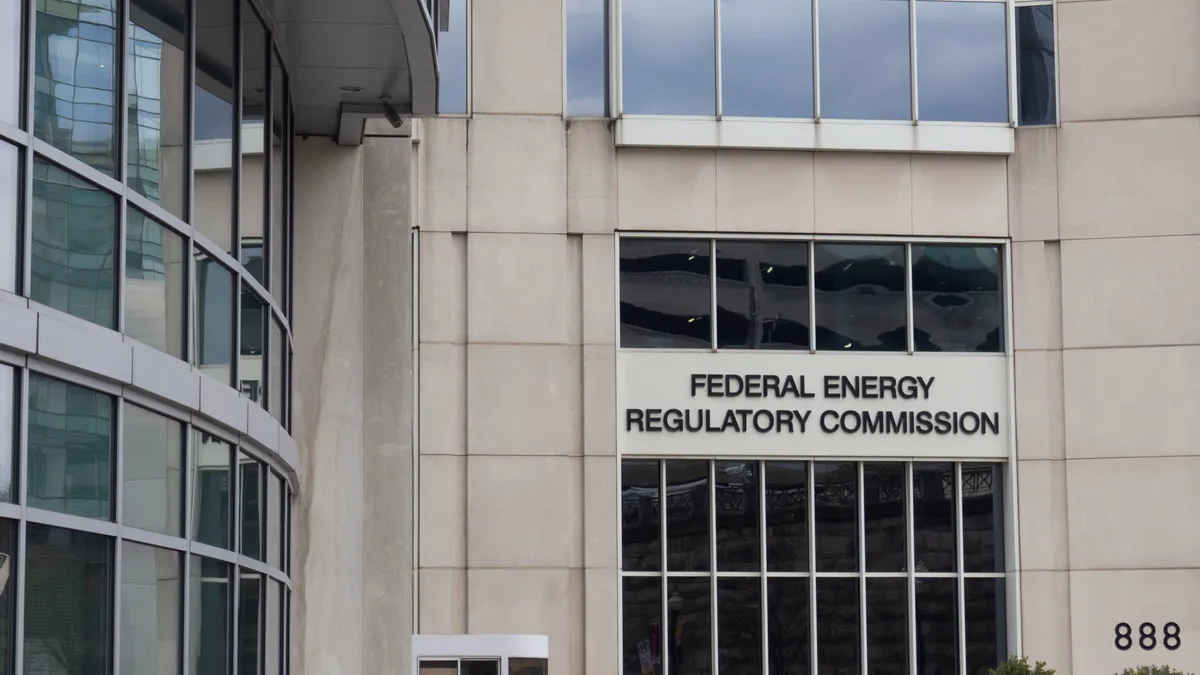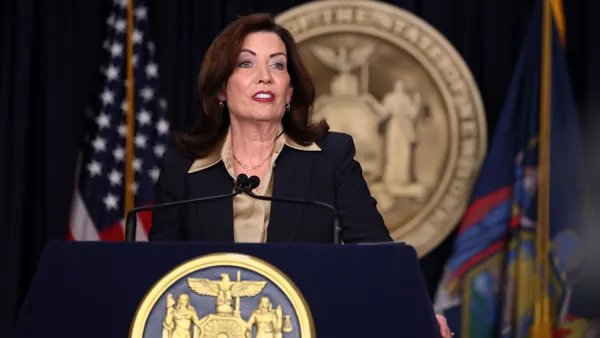The following is a guest post from Dan Bakal, director of electric power at Ceres, a sustainability nonprofit.
This has been a truly unprecedented shareholder season for tackling climate change in the electric power sector. In the last few weeks, investors have urged 10 major power companies with large carbon footprints to undertake and disclose 2-degree scenario analysis to better align their business plans with the goals of the international Paris Climate Agreement and the accelerated transition to a low-carbon economy that is already underway.
The robust shareholder votes in support of these resolutions reflect considerable concern about climate change as a material business and investment risk. There are clear indications that mainstream investors have been supportive of the proposals and the results, thus far, have led to unprecedented majority and near-majority votes at several power companies.
With the Paris Agreement and the Financial Stability Board’s Task Force on Climate Related Financial Disclosures (TCFD) recommendation that companies should provide expanded disclosure of material climate-related risks to investors, climate disclosure in the electric power sector is gaining traction. And, a newly released benchmarking analysis of the largest 100 U.S. power companies confirms that the sector continues to shift away from coal and toward low-carbon resources, reducing air emissions even as the economy grows.
Highlights from the 2017 shareholder season include:
- A first ever majority vote of 57% at PPL Corp. While the company has divested much of its power generation, it has not disclosed a long range greenhouse gas reduction strategy or goals.
- A 48% vote at Dominion Resources. The company appears to be relying too heavily on natural gas, which is not aligned with a 2-degree scenario, and the company ranks at or near the bottom for delivery of energy efficiency and renewable energy to customers.
- A 45% vote at DTE Energy. In an encouraging development, just one week after the vote, DTE Energy Chairman and Chief Executive Gerry Anderson announced that the company would reduce carbon emissions by 80% by 2050 and close its coal plants.
- A 46% vote at Southern Company. The company has made sizable, high risk bets on nuclear and carbon capture and storage (CCS) technologies and has not set long-range GHG reduction goals or disclosed plans for aligning its business with a 2-degree scenario.
- A 50% vote at PNM Resources. While the company recently proposed a shift from coal to natural gas and renewables, it has not disclosed a long range strategy consistent with a 2-degree Scenario.
- A 46% vote at Duke Energy, which is the 2nd largest CO2 emitter in the US, and does not have long range greenhouse gas reduction plans.
- Xcel Energy agreed to disclose its long-range GHG reduction plans. This move indicates that it is well-positioned to meet the expectations of international climate goals.
These votes are a strong indication that investors are waking up to the material financial implications of climate change. Many investors recognize that if companies take advantage of a near term weakening of regulations and make investments that are not prudent over the long time horizon that these investments demand, they risk stranding assets and potential future write-downs on financial statements.
Many investors were deeply engaged in these engagements with the companies they own. They include: New York State Comptroller Tom DiNapoli, Mercy Investment Services, As You Sow, CalPERS, and numerous other investors that voted their proxies prudently. In fact, we also witnessed a dramatic shift in support from some of the world’s largest asset managers, including Blackrock, Vanguard, State Street and Fidelity, many of which voted in favor of these resolutions for the first time.
These investors recognize that the policies being proposed by the Trump administration actually heighten risk for carbon-intensive sectors, because it may encourage companies to make investments that risk becoming stranded assets further down the road. And if you look at recent comments from the nation’s number one coal-burner and CO2 emitter, AEP, it is clear that the company will continue to invest in cleaner energy and reduce GHG emissions.
In the months ahead, look for how the power sector companies choose to respond to this increased investor interest in their long-range plans. As they grapple with 2-degree scenario analysis, expect their analyses to surface some key themes:
- Energy efficiency and energy productivity have essential roles to play in any cost-effective deep de-carbonization strategy.
- Electrification of transportation will be critical to reducing economy-wide emissions and also provide material financial upside for electric power companies.
- Natural gas has a role to play, but there is significant risk on an over-reliance on natural gas.
Ceres will be convening power companies and many of the Ceres Investor Network members to engage further and advance best practice in this emerging arena.











